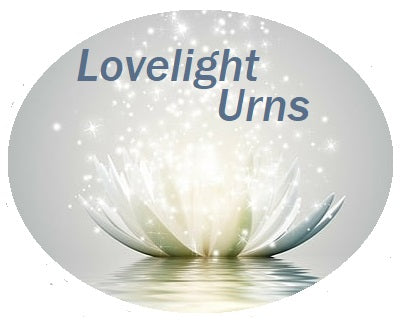Cremation has become an increasingly popular choice for end-of-life arrangements in recent years, and while cost savings are often highlighted as a key factor, they are far from the only reason people choose this option. Shifting cultural values, modern lifestyles, and practical considerations all contribute to the rise of cremation as a preferred choice for many families.
Embracing Modern Choices
While financial savings are a practical benefit of cremation, they are just one part of a broader picture. The choice to cremate is often influenced by lifestyle changes, evolving cultural norms, and personal values. As society continues to evolve, cremation provides an adaptable, meaningful way for families to honor their loved ones. It reflects a modern understanding of remembrance, one that prioritizes flexibility, personalization, and respect for diverse beliefs.
In embracing cremation, families are not only choosing an economical option but also one that aligns with the realities of contemporary life and the desire for more personalized memorial experiences.
Changing Lifestyles and Geographic Distance
In today's world, families are more geographically dispersed than ever before. Relatives often live in different cities, states, or even countries. For many, the idea of having a permanent gravesite to visit is less practical when long-distance travel is involved. Cremation offers flexibility. Urns for Ashes can be kept in a loved one's home, scattered in a meaningful place, or sharing urns can be used to divide the ashes amongst family members. This adaptability allows families to honor their loved ones in ways that are personal and convenient, without the pressure of maintaining a distant gravesite.
Blending of Religious and Cultural Traditions
As societies become more diverse, families often represent a mix of religions, beliefs, and cultural backgrounds. Traditional burial customs can vary widely, leading to potential conflicts when planning a service. Cremation offers a neutral solution, avoiding disputes over specific religious rites or customs. It provides the freedom to craft a memorial experience that respects the beliefs of all involved, promoting harmony during an already emotional time.
Flexibility in Memorial Services
Cremation allows for greater flexibility in planning memorial services. Unlike traditional burials that often require immediate services, cremation gives families time to organize a celebration of life that suits their schedules and wishes. This can be especially valuable for families who need to travel or coordinate with relatives living far away. Memorials can be held weeks or even months later, in locations that are meaningful to the deceased and their loved ones.
Environmental Considerations
Concerns about environmental impact are another factor influencing the choice of cremation. Traditional burials involve embalming chemicals, caskets, and the use of land, all of which have environmental implications. Cremation, though not without its environmental footprint, is often seen as a more eco-conscious option. Furthermore, some families choose biodegradable urns or opt to scatter ashes in natural settings, further reducing their ecological impact.
Personalization and Legacy
Cremation offers families creative ways to honor a loved one’s legacy. Ashes can be transformed into memorial jewelry, incorporated into works of art, or even used to grow memorial trees. This allows for a deeply personal and lasting tribute, one that reflects the unique life of the individual being remembered. The ability to create something meaningful and enduring often resonates with those seeking a more personalized approach to memorialization.
Simplicity and Reduced Stress
During a time of grief, the logistics of planning a traditional funeral and burial can be overwhelming. Cremation simplifies the process, reducing the number of immediate decisions that need to be made. Families can focus more on healing and less on coordinating details. This simplicity is especially appealing to those who prefer a more straightforward and stress-free approach to saying goodbye.
